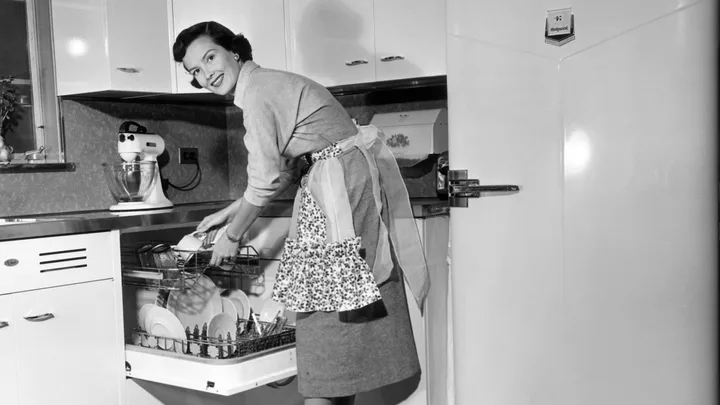On March 8, Ireland will be asked to vote on whether the phrase ‘a woman’s place is in the home’ should be removed from the constitution.
The clause, which dates back to 1937, states “the State recognises that by her life within the home, woman gives to the State a support without which the common good cannot be achieved. The State shall, therefore, endeavour to ensure that mothers shall not be obliged by economic necessity to engage in labour to the neglect of their duties in the home.”
The original purpose of the clause was acknowledge the important of care within the home—something that, at the time, was provided almost exclusively by women—and ensure that mothers wouldn’t have to work to outside of the home for financial reasons.
Unfortunately, this state-led support promised to women never came to fruition.
Instead, the clause has often used to support conservative policies that exclude women from work and argue their place is within the home.
The historic referendum, which will take place on International Woman’s Day, will give Irish citizens a chance to change the outdated phrase to one with more gender-neutral wording.
As part of a double referendum, citizens will also get to decide on the constitution’s definition of marriage and whether it should be expanded beyond marriage.
If the referendum passes, it would see the clause changed to wording that recognises anyone who provides this care, regardless of gender.
Will Ireland Vote Yes To The Referendum?
The latest poll from The Irish Times suggests the majority of Irish voters intend to vote yes in the referendum.
Despite this, Catholic bishops have called for a No vote and some groups believe removing the reference to women will mean women will lose their right to stay home and raise their children.
On the contrary, the yes vote calls for the government for more support in the provision of care within the home—irrespective of gender.
Dearbhail McDonald explained this in an article for The Guardian.
“Removing an archaic reference to women in the home, recognising the role of carers and embracing the reality of modern family life are important aspirations,” writes McDonald.
“But they are no substitute for the comprehensive structural, cultural, economic and legal changes needed to value unpaid care work, tackle gender inequality in the labour market and drive deep societal shifts that lead to less misogyny and more male participation in caring and housework.”
While there’s obviously much more to be done, removing an outdated clause is a small step in the right direction.
 Getty
Getty









